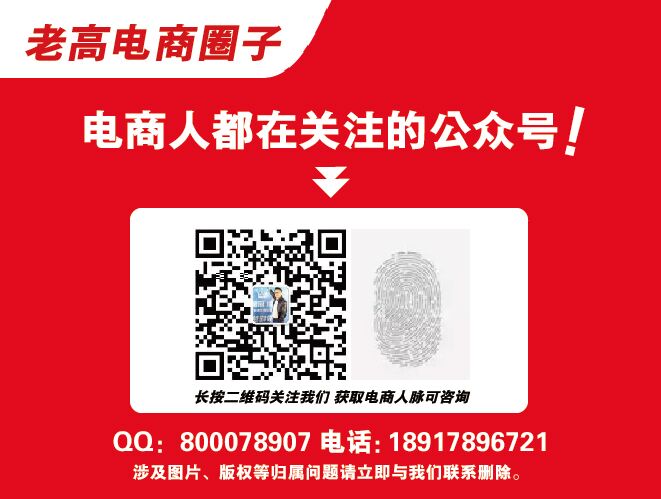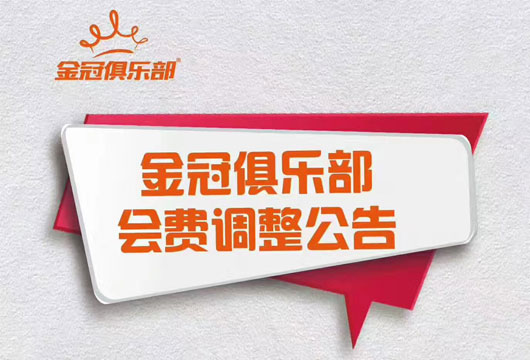Alibaba Chairman Jack Ma personally visited Hema Fresh to experience "new retail" , making Hema Fresh, which is the focus of media attention, once again became a hot word on the Internet. Hema Fresh is also accelerating the implementation of new retail concepts in the Beijing market. Hema Fresh, which used to be able to pay in cash, has recently been changed to only be able to use the Hema App to make payments. In the view of industry insiders, if retail companies intend to cultivate consumers' shopping habits but choose to let consumers passively accept it, it is likely to cause consumers' disgust. But cashless payment is indeed the future development trend. For Hema Fresh, or Alibaba's new retail practice, this may be an adventure that has to be tried.

Cancel cash payment
When Hema Fresh opened its first store in Beijing, in order to meet diversified payment needs, it specially opened cash payment methods to consumers to realize a full-type payment model. However, recently some consumers revealed that less than a month after the Hema Fresh Shilibao store opened, it gave up its cash payment method and switched to the same App payment method as Hema Fresh in other regions.
A relevant person in charge of Hema Fresh said that since Beijing Shilibao Store is a Hema Fresh membership store, it has to be paid in the form of an App, just like Sam's membership store also requires a membership card to enter. The person in charge also said that if it is really inconvenient for consumers to download the Hema App for payment, they can also use Alipay or cash to pay, and Hema Fresh will not force consumers to download the App.
The adventure of new retail
The cancellation of cash payment was originally one of Hema Fresh's measures to implement the new retail concept, but in fact it also took a lot of risks and even paid a little price in its operation.
Before this, Hema Fresh once caused legal controversy for refusing to accept cash, because it may be suspected of violating the RMB administration regulations of the People's Republic of China. In this regard, Su Hao, a lawyer at Tianjin Shichuan Law Firm, believes that Hema Fresh 's behavior may be suspected of being illegal from the literal meaning, but in the end, the one collected through WeChat, Alipay or card was still RMB, and did not actually refuse to collect RMB, but just refused to collect it in some way. His behavior did not violate the above provisions. But he also said that Hema Fresh's behavior is inconvenient, and consumers should have the right to choose a legal payment method, and merchants should protect this, rather than restrict it.
Some industry insiders said that during the trial operation of Hema Fresh, in order to promote products and new retail models, cash payment business was temporarily opened, but Hema Fresh itself is a supermarket with a new retail concept, focusing on more convenient consumption methods, so it "takes risk" to remove cash payment methods. Lai Yang also believes that cashlessness is the future development trend, and more merchants will lead consumers to the path of cashless payment in the future. However, if a merchant is only allowed to pay without cash, it will definitely affect its operations and bring some pressure.
Alibaba "harves" fruits
Cultivate users' mobile payment habits and use Hema Fresh App as the only payment portal for stores, which may sacrifice a certain user experience in the early stage, but it is of great significance to Hema Fresh 's future plans, or Alibaba's expectations for Hema Fresh .
In fact, there is support from Hema Fresh , and such rumors are already openly secret in the industry. But it was not until Jack Ma and Alibaba Group CEO Zhang Yong personally appeared in Hema Fresh's Shanghai store that he "realized" Hema Fresh. A relevant person in charge of Alibaba said that Hema Fresh is actually a new retail position that Alibaba has incubated for more than two years.
On the other hand, the two Alibaba bigwigs have made a high-profile stand for Hema Fresh , but in fact they also revealed a signal behind it that Hema Fresh is transforming from a startup company to a mature company. An industry insider close to Hema Fresh said that Alibaba announced the ownership of Hema Fresh, which is actually because the current Hema Fresh model has been recognized as being able to run through and has been able to make a single store profit from the data.
According to public reports, Hou Yi, the founder of Hema Fresh, once revealed that the cost of opening a single store ranges from tens of millions of yuan.
Regarding whether Hema Fresh is currently profitable, he once said that the project has entered the super giant stage and has used huge amounts of money to support the correct model in the early stage, and no one has considered profit issues in the early stage.
The above-mentioned industry insiders also revealed that Hema Fresh 's large-store model and heavy model were once questioned by people at that time. Considering the impact on listed companies, it is difficult to show Alibaba's identity. Now that the model is taking shape, it is a good time to harvest the results for Alibaba, which is exploring new retail .
Click to register to apply for the qualification to attend the Laogao e-commerce classroom. Laogao strongly invites e-commerce veterans to teach everyone step by step, increase their popularity and create a hot product, and occupy the first place in the category !





![#Laogao E-commerce Newsletter# [E-commerce Evening News on April 2]](/update/1634637709l862528272.jpg)
![#Laogao E-commerce Newsletter# [E-commerce Morning News on August 13]](/update/1628739713l952665637.jpg)


 EN
EN CN
CN
